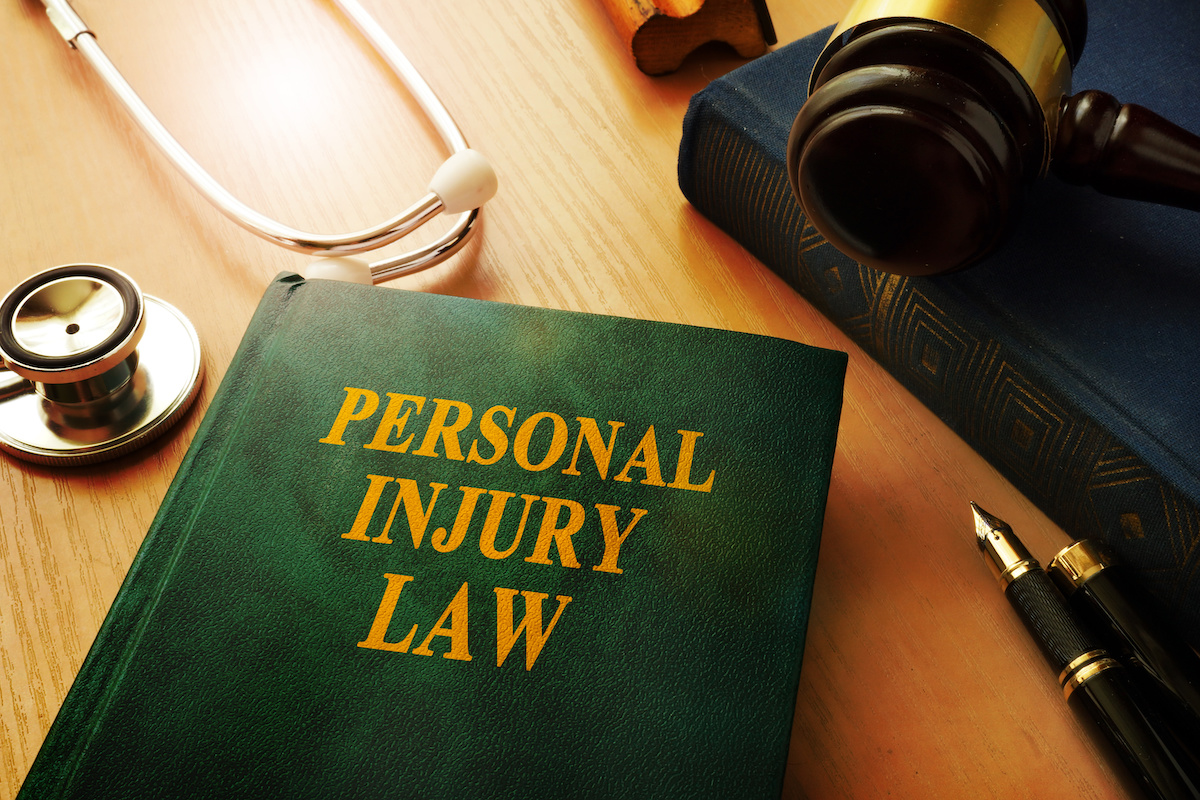If you have been injured at work or due to the negligence of someone else, you may be able to file a personal injury lawsuit in the state of New Jersey. In order to do so, it is important that you understand the process and steps involved so that you can ensure that your claim is handled correctly. Today we will provide an overview of how to start a personal injury claim in New Jersey.
Filing a Complaint with the Court
The first step in filing a personal injury claim in New Jersey is filing a complaint with the court. This complaint must include details about your injury, such as where and when it occurred, who caused it, and how it has affected your life. You should also provide any evidence that you have related to your case, such as medical records or witness statements. Once your complaint is filed with the court, the other party will be served with notice of the lawsuit and will be required to respond within 30 days.
Statute of Limitations
It’s important to note that there is a statute of limitations for filing a personal injury claim in New Jersey. This means that if you wait too long after an accident or incident occurs before filing suit, then you may not be able to pursue legal action against those responsible for your injuries. In most cases, this statute of limitations is two years from the date of the incident; however, there are exceptions depending on the nature of your case. It’s best to consult with an experienced attorney if you are unsure about whether or not there are any time limits on your potential claim.
Gathering Evidence
In order to prove liability in your case, it’s important that you gather as much evidence as possible before filing suit. It’s best to start collecting evidence right away; this includes photos of any property damage or injuries sustained during the incident, witness statements from anyone who was present at the time, medical records documenting any treatments or diagnoses related to your injuries, and copies of any documents related to insurance coverage for those responsible for causing your injury. All of this evidence should be gathered prior to filing suit so that you can use it as support for your claims in court.
Filing a personal injury lawsuit can be a complicated process; however, by following these steps you can ensure that your case gets off on the right foot and increases its chances for success down the line. Be sure to consult with an experienced attorney if you have any questions about how best to proceed with filing suit in New Jersey—they can help guide you through each step and ensure that all necessary paperwork is filed correctly and within any applicable statutes of limitation. Good luck!












